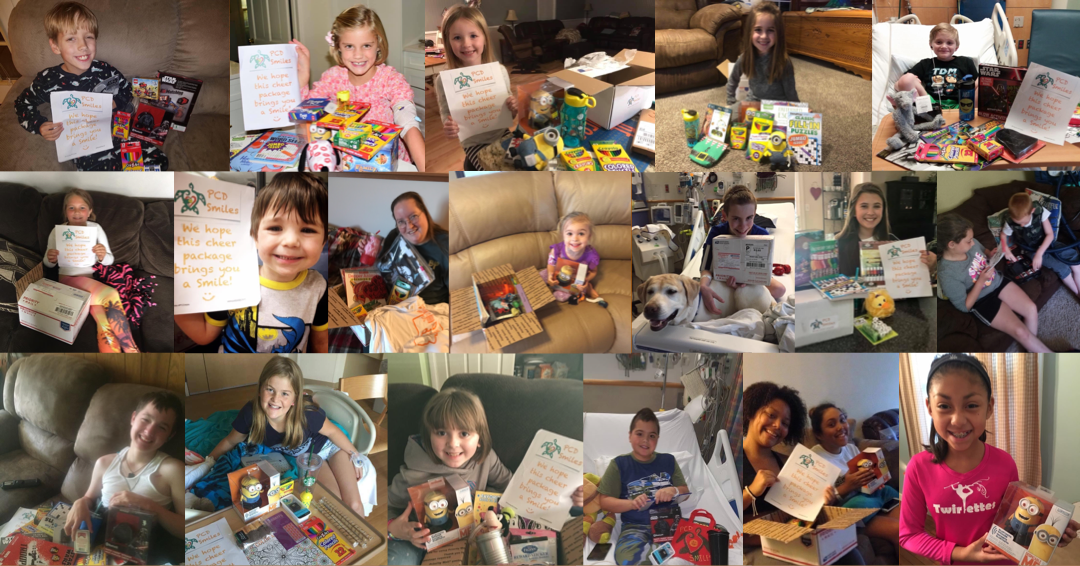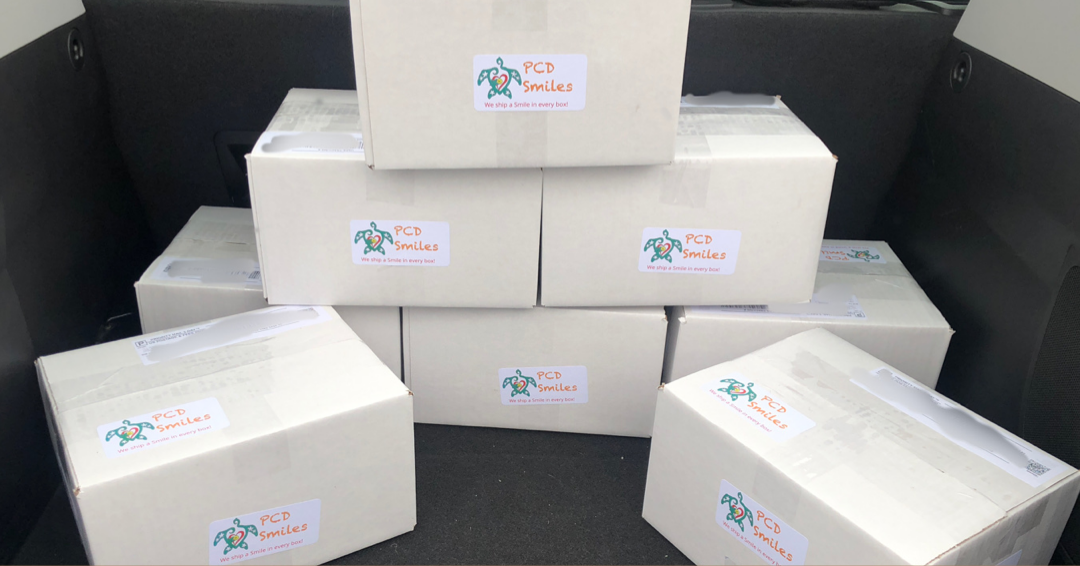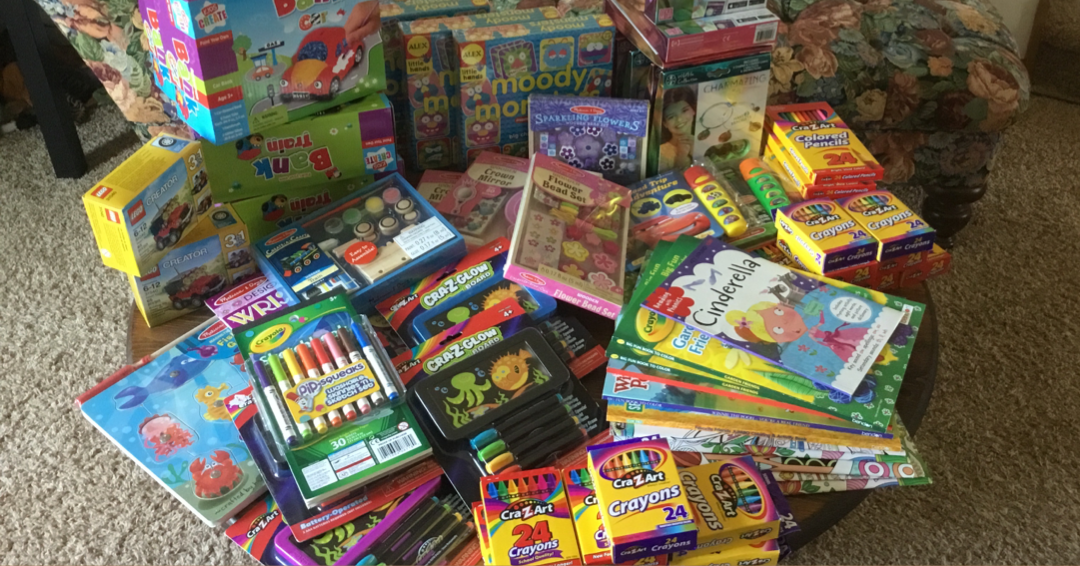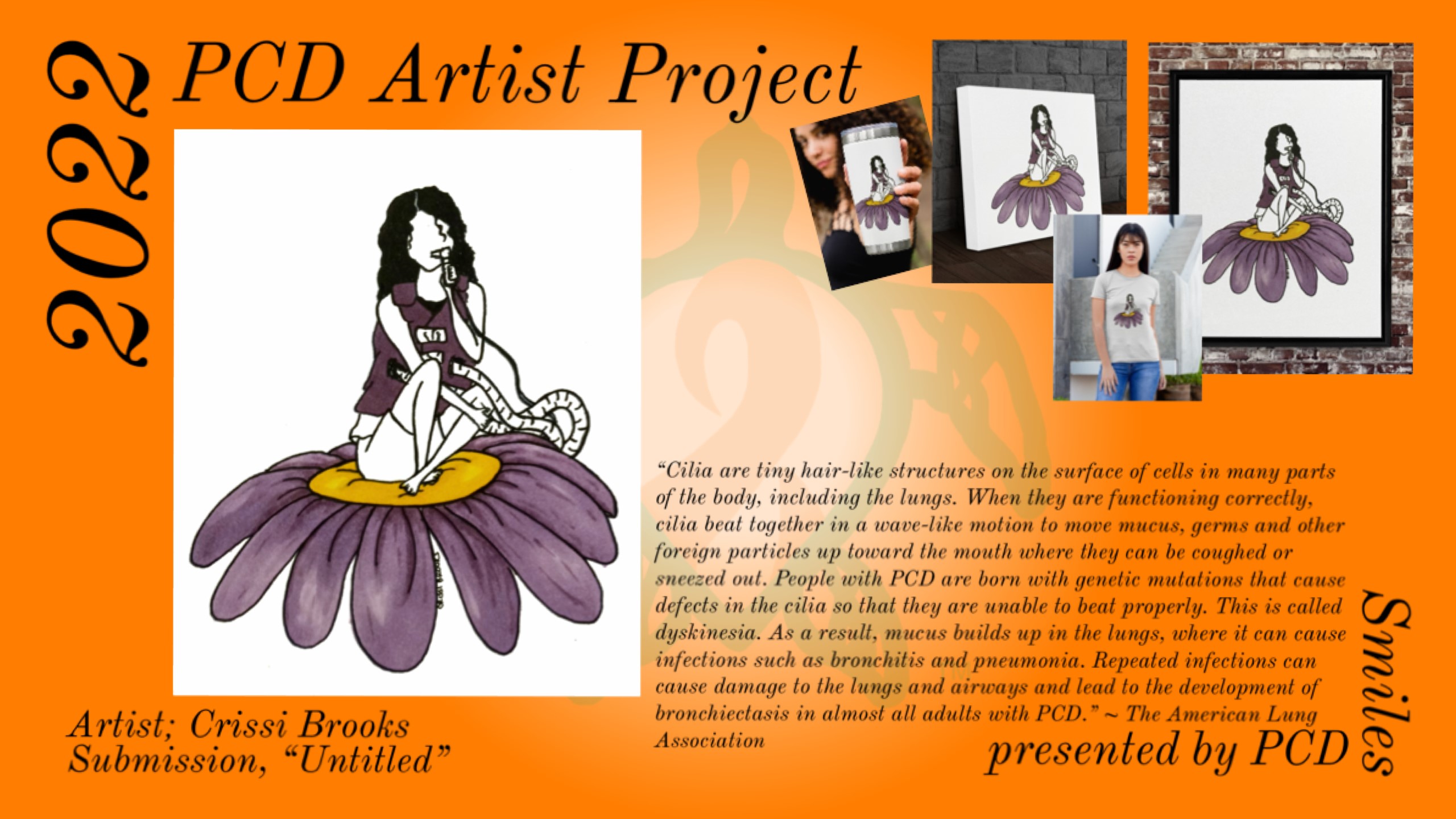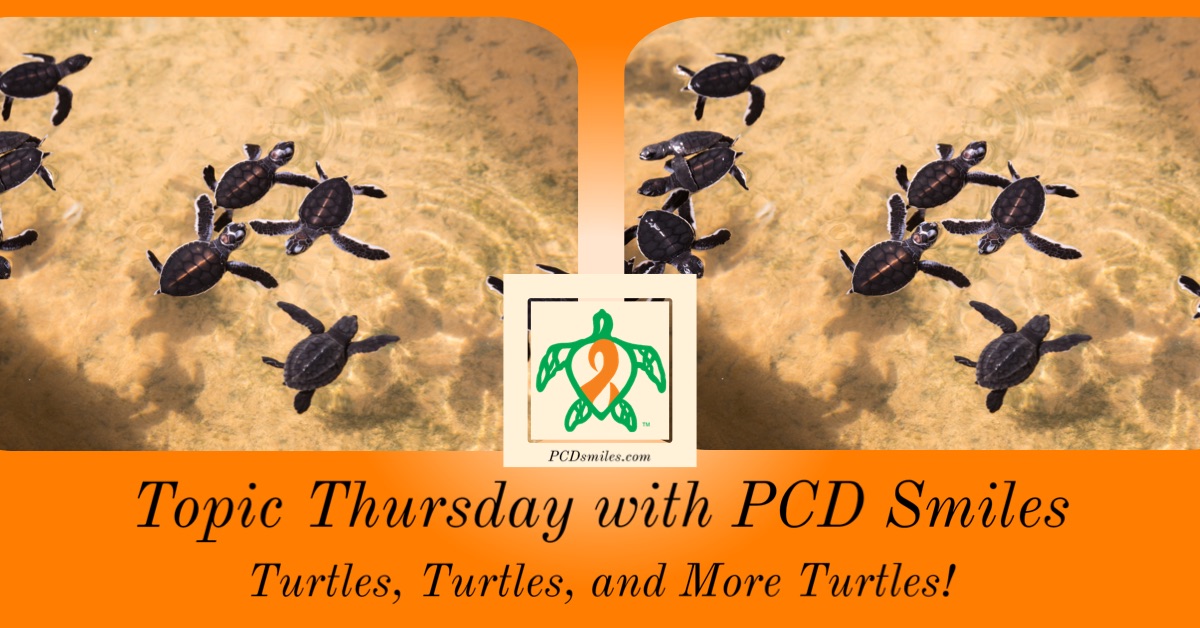Dry mouth (xerostomia) is basically the lack of saliva. Many health conditions or treatments of heath conditions can lead to dry mouth. Our mouths have a balance of good and bad bacteria, also know as flora, dry mouth leads to an unbalance in oral flora which can lead to tooth decay, cavities, tooth fractures, plaque, gum disease, oral thrush, and tooth failure. Today we will discuss some of the causes of dry mouth as well as some other issues related to oral care as it pertains to the PCD (Primary Ciliary Dyskinesia) patient.
Some of the causes of dry mouth in PCD patients can actually be tracked back to their medications; such as bronchodilator usage (short or long acting), corticosteroid usage, antihistamine usage, and antibiotic usage. Sinus issues caused by PCD, lead to mouth breathing thereby causing dry mouth as well. PCD patients using oxygen are also at higher risks for dry mouth. As are PCD patients who use sleep therapy devices used to treat sleep apnea.
Some other oral hygiene issues as they relate to PCD are over-brushing, improper technique when utilizing nebulizer machines, and lung flora/ bacteria. Everyone should brush their teeth in the morning, before bed, and after meals. But it’s important to avoid over-brushing your teeth. Over-brushing can actually lead to excessive washing way or brushing away the already weakened tooth enamel; this causes the teeth to become weaker and venerable to decay, fractures, and tooth failure. It’s for this reason that patients using inhaled medications, such as bronchodilators, corticosteroids, and inhaled antibiotics are asked to rinse their mouth out after use of these medications instead of brushing. Rinsing is suggested to prevent an imbalance of oral flora, which can cause thrush, and to prevent washing away already weakened tooth enamel. It’s also always good to practice proper technique when using a mouthpiece while taking a nebulizer treatments. To do this the patient should form a seal around the mouthpiece with their lips and support the nebulizer cup with one or two hands. The patient should never clench their teeth around the nebulizer’s mouth piece nor should they just use their teeth to secure the nebulizer in place with or without hands. The vibrations from the nebulizer cup and it’s mouthpiece can actually be transferred to the teeth when the teeth are used to secure the nebulizer in place or when the teeth are clenched down on the mouthpiece. These transferred vibrations can cause cavities to increase in size, tooth fractures to form, and lead to early tooth failure. Another consideration in oral care for PCD is that the bacteria in the lungs can travel over the gums, the teeth, and the mouth as we breath. These bacteria can cause the gums and teeth to become inflamed especially if there was already tooth decay present. It’s suggested to rinse your mouth out after coughing out mucus and after each airway clearance to prevent the bacteria from your lungs from entering your bloodstream via tooth decay, inflamed gums and jaw, and or tooth fractures.
Frequent dry mouth can be attributed to many aspects of PCD and PCD care. Learning and practicing things that you can do at home to help your overall oral health picture will help ward off tooth decay, cavities, gum disease, plaque, and oral thrush, tooth fractures and early tooth failure. There are also many things your dentist can do to help as well.
At home avoiding spicy or salty foods can lessen dry mouth. Be sure to rinse after inhaled medications and mucus clearance instead of excessively brushing your teeth after them. Practice proper technique with nebulizer cups to prevent tooth fracture and or early tooth failure. Keep water with you at all times to give your mouth some extra moisture that it lacks from dry mouth and mouth breathing. Water will also help you stay hydrated which can aid in maintaining the balance between good and bad oral flora. Sucking on something sour and or chewing gum is another way to help your saliva to hydrate your mouth. Utilize lip-balm is a great tool to help maintain your oral flora. And, if you use sleep therapy machines opt for a mask instead, to minimize the risks of dry mouth related to sleep therapy machines.
Even though you are practicing good oral hygiene, PCD patients can also benefit from a dental plan that you and your dentist agree on. Prompt treatment of any mouth issues that arise can ward off major dental problems in the future. It’s also suggested that lung disease patients see their dentist twice a year for cleaning. During this cleaning your dentist may suggest fluoride treatments and sealants. Sealants are another big preventative step in oral care in PCD patients. Sealants are generally applied only once a year for the general population. However for those patients with PCD, it is suggested that you get sealants applied at least twice a year.
Proper oral care is a very important, but easily overlooked, part of PCD care. Knowing the pitfalls and strategies to combat those pitfalls will hopefully lead you to a long and healthy oral history with your PCD.
Be sure to visit us next week for another Topic Thursday!
Join our Facebook group Turtle Talk Café today, click here.
We have several ways that you can donate to PCD Smiles;
- Visit Smile E. Turtle's Amazon Wishlist
- For more information on how you can donate, please visit our "Donation" page to check out our "Do & Don't policies.
- Or sponsor a PCD Smiles cheer package today!
- To shop for your “Official” turtle care ribbon gear today, visit PCD Style or Smile E. Cove
Thank you for your consideration!
